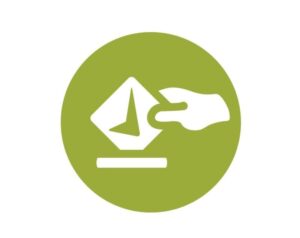
Voatz has issued a lengthy response to a security report written by a team of MIT researchers under the leadership Daniel Witzner. The report suggests that the Voatz platform is riddled with security issues, and that the company has not been forthcoming with those concerned about the electronic voting app.
According to Voatz, the researchers based their conclusions on an outdated Android version of the app that was never used in an election, or even connected to the Voatz servers. The company claims that many of the issues have been addressed in more recent versions of the app (there have been at least 27 new versions since the one used in the report), and that most of the critiques were entirely hypothetical.
On that front, Voatz argues that the researchers made false assumptions about the app because they were unable to bypass the app’s identity verification technology. They were also unable to obtain or send a false ballot.
Though the researchers criticized Voatz for its lack of transparency, Voatz notes that it has worked with other researchers and regularly solicits feedback in an effort to improve its app. It framed the report as an attempt to stifle any conversation around online voting platforms, especially after the researchers sent their report to the New York Times. The paper has since published a story that details the researcher’s allegations and the Voatz response.
The subject of electronic voting is particularly contentious given the disastrous performance of an app that was used during the recent Democratic Caucus in Iowa. Jonathan Johnson, the President of Medici Ventures, also wrote a letter expressing his support for the company.
“We need to care about technology in voting because the current state of voting is unacceptable,” said Johnson. “It is effectively disenfranchising overseas military service men and women, the elderly, and those with disabilities – all who cannot get to poll sites.”
Johnson suggested that the backlash to electronic voting has more to do with fear than any rational assessment of the technology. At the very least, he argued that security concerns should not lead people to abandon projects that could make elections more accessible and more secure. Medici previously backed Voatz in a $7 million round of Series A funding.
Voatz emphasized that it has already conducted successful election pilots in West Virginia, Colorado, Utah, and Oregon. Those pilots have collectively involved less than 600 total voters.
–
February 13, 2020 – by Eric Weiss






Follow Us